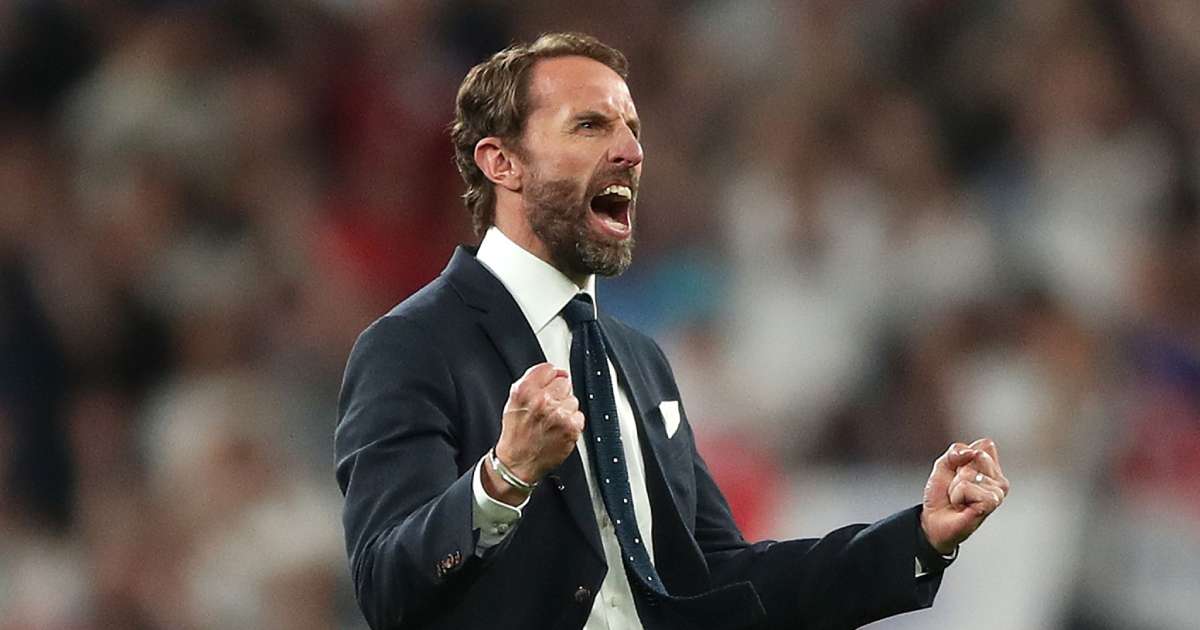Within weeks after leaving his position as England manager, Gareth Southgate has already been offered a new position in the football world.
Following their July loss to Spain in the Euro 2024 final, the 53-year-old declared his resignation as England’s manager.
Having spent eight years at the helm, he said: “As a proud Englishman, it has been the honour of my life to play for England and to manage England. It has meant everything to me, and I have given it my all.”
He added: “But it’s time for change, and for a new chapter. Sunday’s final in Berlin against Spain was my final game as England manager.”
After his accomplishments on the international scene, Southgate—who became the manager of the national team in 2016—was given the opportunity to become a pundit.
However, he has decided to join UEFA as a technical observer, a position he is anticipated to begin in the upcoming months.
What job role has Gareth Southgate taken?
What then does the role entail? In order to assist UEFA in identifying emerging trends in football and enhancing coaching education, Southgate and his colleagues technical observers will examine games from a coaching standpoint.
They will gather data and footage after every game to provide a report on the match that highlights tactical and technical aspects.
Additionally, Southgate will have access to a variety of camera views that he may use in the report, including broadcast photos, tactical footage, and behind-the-goals shots.
Avram Grant, Frank de Boer, and Fabio Capello—all of whom served as technical observers at Euro 2024—are among the managers who have already contributed to the initiative.
Southgate previously served as a technical director for UEFA, having contributed to a report on Real Madrid vs. Borussia Dortmund’s Champions League final from the previous season.
Also Read: 5 All-Time Best French players in La Liga History
Former Everton and Wigan boss Roberto Martínez, an experienced club competition technical observer, has previously explained the job.
“Instead of just watching the game for a specific reason – in my capacity as a national team coach – you are watching it in a more holistic way and appreciating the development of the game and the competition itself,” he said.
“It could be different types of performance – from young players, for example – or the way the competition getting tougher physically and cuter tactically with the new trends within the competition.”











